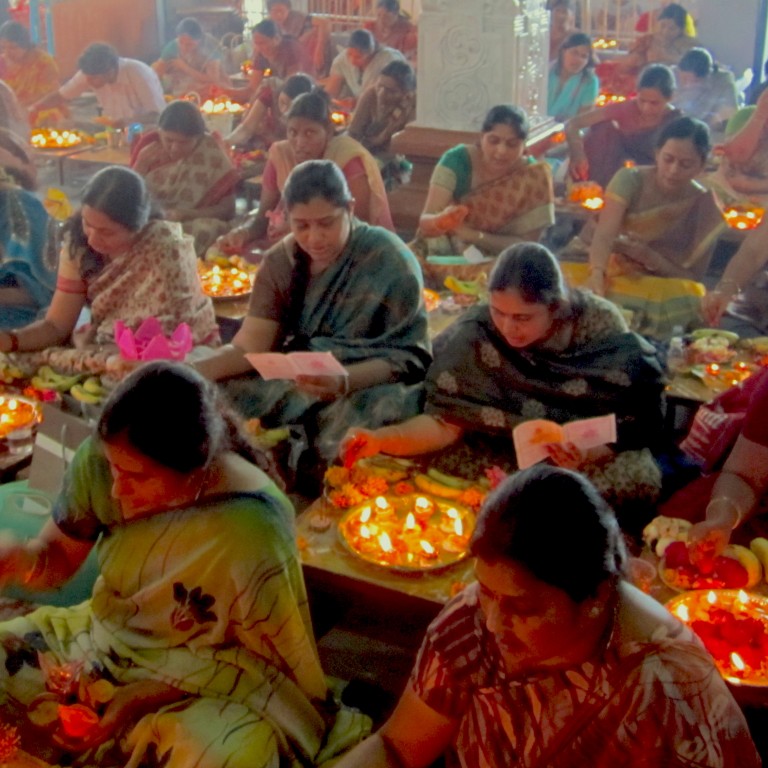To kick off World Health Week, join us at the Biological Sciences Division for the 2025 George and Marie Andros Lecture by Dr. Charles Swanton, MBPhD TODAY at 4 PM in KCBD 1103.
The TRACERx lung cancer evolution study investigates the intricate processes underlying cancer initiation and progression, focusing on non-small cell lung cancer (NSCLC) in 800 patients. This comprehensive research integrates genomic, transcriptomic, and immune profiling to elucidate the dynamic interplay between tumor evolution and the immune microenvironment. By examining tumor samples from patients over time, the study tracks genetic alterations and their correlation with clinical outcomes, highlighting the adaptive strategies of lung cancer cells in response to therapeutic pressures and immune system interactions.
This talk will review the mechanisms of genome instability which foster diversity upon which natural selection in response to immune and therapeutic pressures act. A key aspect of TRACERx is its emphasis on myeloid cells, including macrophages and dendritic cells, which play pivotal roles in shaping the immune response to tumors. The study has begun to delineate how these myeloid populations contribute to tumor initiation through particulate exposure and chronic inflammation through the IL1B axis. Recent results from TRACERx demonstrating how ageing associated clonal haemtopoiesis contributes to tumour progression and the establishment of an immunosuppressive microenvironment will be reviewed.
Ultimately, TRACERx seeks to inform the development of novel therapeutic and diagnostic strategies that can enhance anti-tumor immunity by targeting the interactions between cancer cells and the immune system. Understanding these mechanisms not only deepens our knowledge of lung cancer biology but also paves the way for personalized treatment approaches that harness the immune system’s potential in combating cancer.



